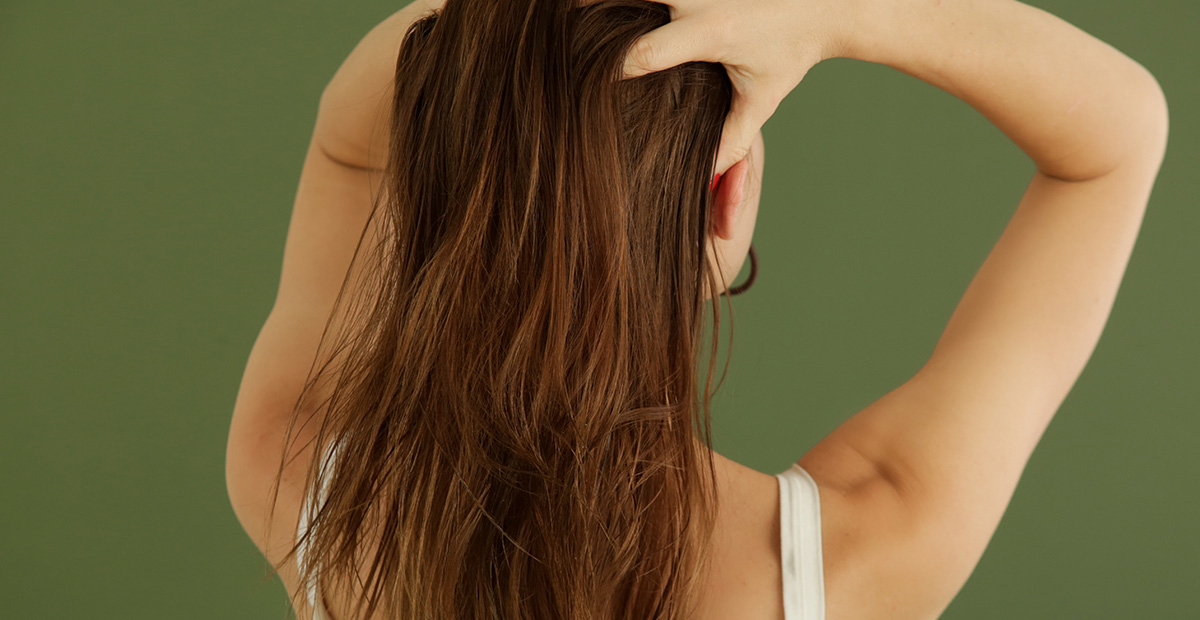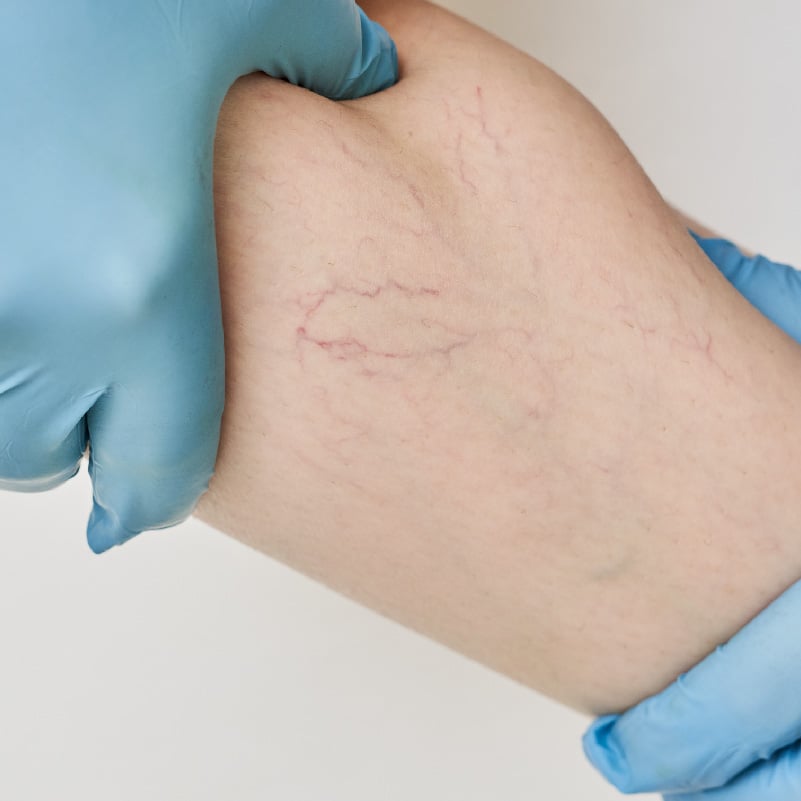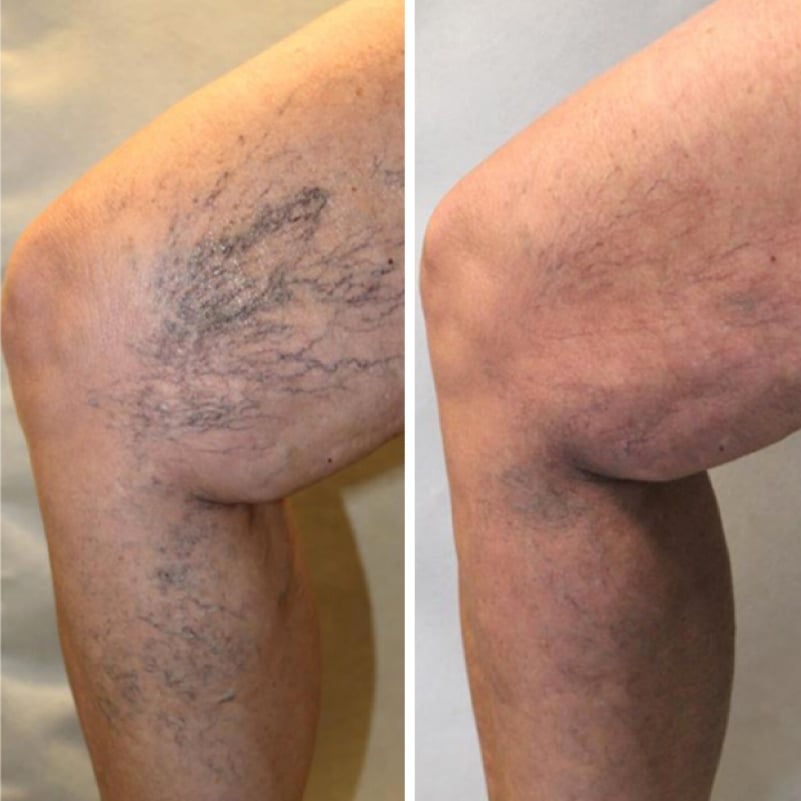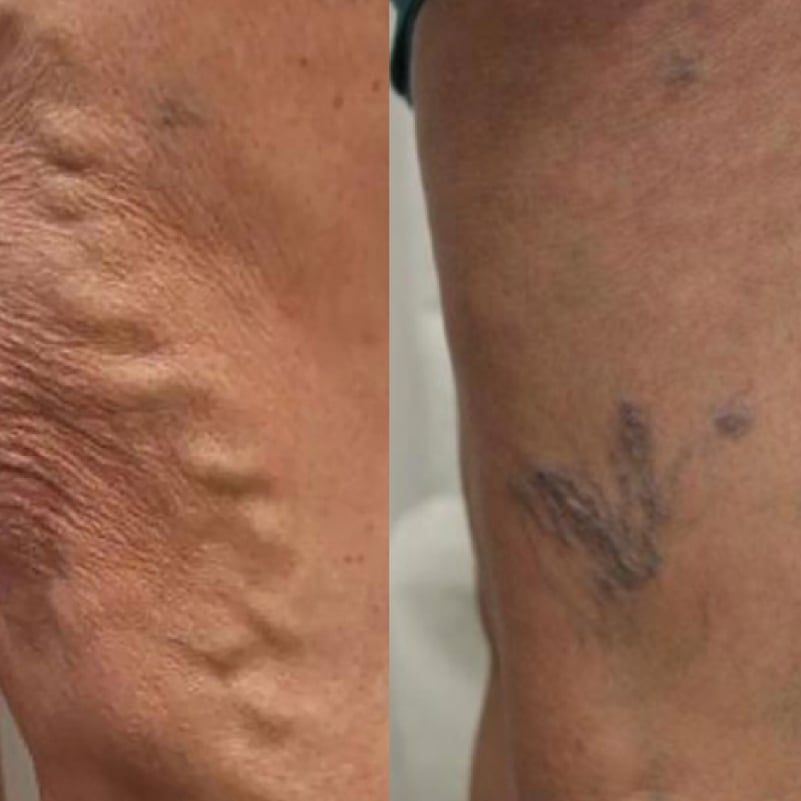Key Takeaways
- People lose hair for many reasons, including genetics, age, alopecia areata, hair care routines, stress, and medication side effects.
- Dermatologists recommend using Viviscal Pro, Nutrafol, and Rogaine for their clinical effectiveness. Prenatal vitamins and folic acid supplements can also help.
- Ask a dermatologist before considering alternative treatments that may cause harm to your health.
Millions of people have hair loss. Men and women alike experience their hair thinning or falling out over the course of their lifetime, often as they grow older. Roughly 80 million people in the U.S. have hair loss, according to some estimates.
With that in mind, it only makes sense that some of those people want to stop losing their hair. The hair loss treatment industry earned nearly $4 billion in 2023, according to industry research.
With treatments widely available for men and women, demand for products such as Nutrafol, HIMS, HERS, or Vegamour has grown. Searches online for these products skyrocketed over the last 5 years.
Nananamibia Duffy, MD, is a board-certified dermatologist with Genesee Valley Dermatology & Laser Centre in Brighton and explains common causes of hair loss, what ingredients to look for in hair loss/growth products, and where to turn if products aren’t working the way you hoped.
Causes of hair loss
Losing hair can happen for many reasons. Genetics and age are two of the most common reasons for hair loss for both men and women. Alopecia areata, hair care routines, stress, and medication side effects are other common factors, according to the American Academy of Dermatology.
For men, higher testosterone levels lead to more of a hormone called DHT, which affects hair growth. This is a common reason behind androgenetic alopecia, also known as male pattern baldness.
Women will sometimes lose hair following childbirth, which can add to an already challenging physical and emotional postpartum experience.
“Hair loss after childbirth is unavoidable,” Dr. Duffy said. “There is nothing you can do to reverse postpartum hair loss or make it grow back faster. It will go back to normal; you just need to wait it out.”
What works – and what doesn’t work
When someone decides to take charge of their hair loss and use supplements or hair growth products, talking with a dermatologist about what might work best is a good first step.
Experts in dermatology who treat patients with hair loss support hair growth products like Viviscal Pro, Nutrafol, and Rogaine. All three products have published clinical studies that support their effectiveness.
Viviscal Pro carries recognized ingredients such as Vitamin C, apple extract, and precisely measured amounts of biotin. Nutrafol contains similarly recognized ingredients, including curcumin, which has significant anti-inflammatory effects, and ashwagandha, which helps the body respond better to stress. Rogaine, also known as minoxidil, has undergone extensive scientific study and clinical research to show its effectiveness in promoting hair growth by opening up blood vessels under hair follicles.
Prenatal vitamins can sometimes be helpful for hair loss because the amount of folic acid present in these supplements. Zinc and vitamin D supplementation, as well as pumpkin seed oil and saw palmetto, have been shown in recent review articles to have some benefit for hair loss.
Sometimes patients who are unable to absorb folic acid and maintain hair growth are encouraged to take a folic acid supplement called methylated folate, which is considered harmless. These are available as a prenatal vitamin.
Dermatologists caution against taking biotin as a supplement. Many biotin supplements will give a person an abnormally large percent of the daily recommended intake of biotin (10,000mg of biotin), which can disrupt other levels in a person’s blood.
“Taking these excessive amounts of biotin supplements can alter the results of the bloodwork that your doctor could be ordering,” Dr. Duffy said. “Biotin supplements have the potential to affect cardiac enzymes that show up as biomarkers for signs of a heart attack or thyroid conditions during testing.”
Dr. Duffy added biotin supplements are helpful only to people who have a genetic biotin deficiency that prevents their body from absorbing it.
Propecia (known as finasteride) is used by both men and women to stimulate hair growth. However, some research suggests it may lead to lingering sexual side effects for men.
Other treatment options
Beyond products and supplements, there are other treatments for hair loss that can be used to help a person’s hair grow back.
Platelet rich plasma (PRP) therapy is proven to work in hair loss patients, but mostly for those who are diagnosed with androgenetic alopecia (hair thinning). PRP procedures are an out of pocket cost and need to be done indefinitely to maintain the results.
Beyond these procedures, Dr. Duffy strongly encourages patients to avoid doing things that harm your hair. This means not using too much heat or too many chemicals to hair during daily routines. Chemical straighteners or getting a perm should be avoided for people who are starting to discover their own hair loss.
Dr. Duffy also encourages patients to search for a good monthly deep conditioner treatment, and try a scalp massage to stimulate blood circulation and increased blood flow to hair follicles.










